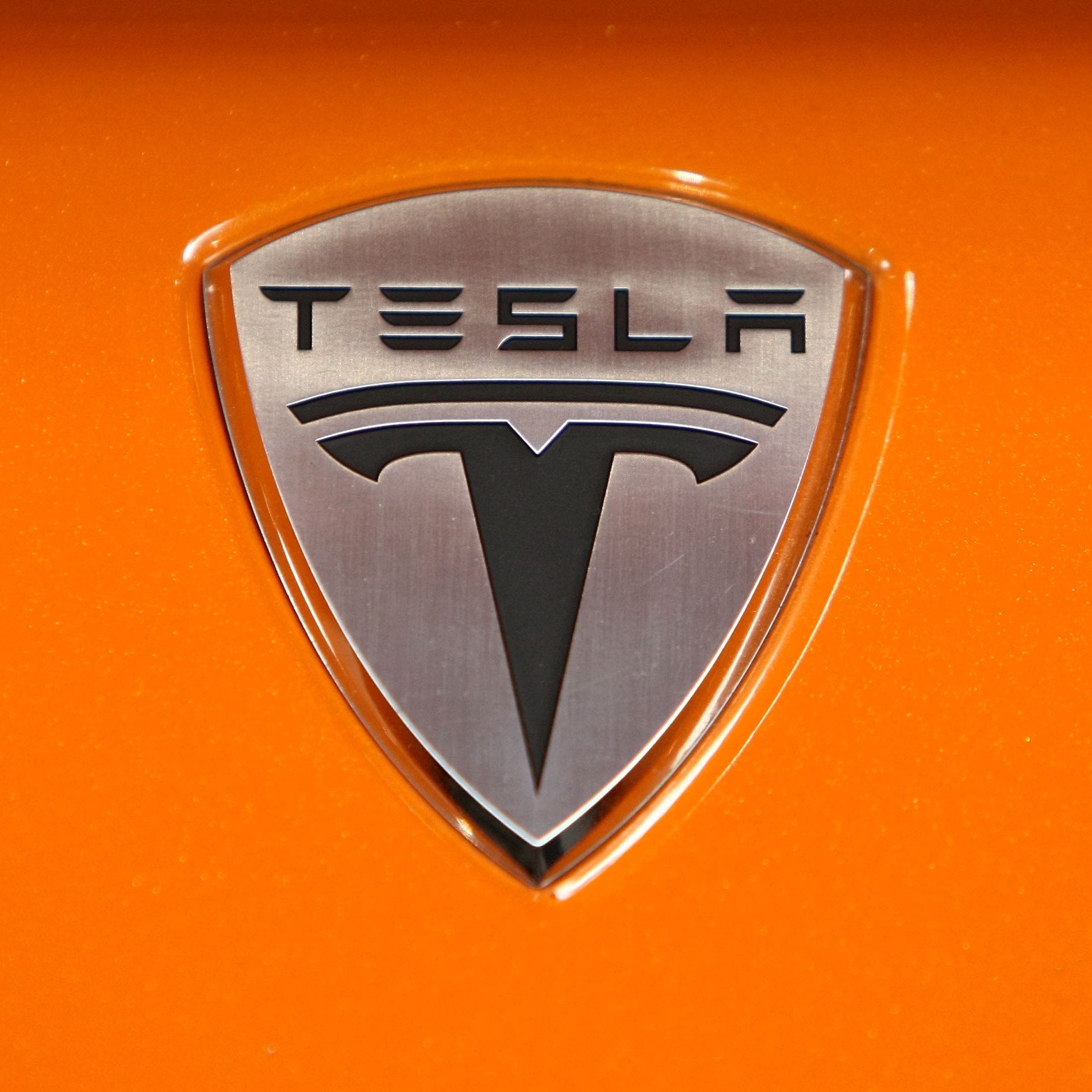Cars and Drivers
Tesla Should Call Its Feature 'Crash Warning System'

Published:
Last Updated:

Consumer Reports magazine took Tesla Motors Inc. (NASDAQ: TSLA) to the woodshed Thursday morning for what the magazine called Tesla’s “aggressive roll-out of self-driving technology — in what [Tesla] calls a ‘beta-test’ … .” Using ordinary consumers as test drivers may not be the best idea the electric carmaker has ever come up with.
When Tesla launched its Autopilot system last October, and the company claimed that the system’s Autosteer and Auto Lane Change features would “automatically steer down the highway, change lanes, and adjust speed in response to traffic … [and] help the car avoid hazards and reduce the driver’s workload.”
Following the fatal crash of a Tesla Model S in May, Consumer Reports is now calling on Tesla to turn off the automatic steering function and make other changes to how it markets the autonomous driving features. Although the request is aimed at Tesla, other companies testing or working on self-driving features are also being called upon to turn down the volume on the marketing bullhorn.
Alphabet Inc.’s (NASDAQ: GOOGL) Google is perhaps the best-known of the companies working on technology that is alternately called driverless, self-driving or autonomous. General Motors Co. (NYSE: GM) in March acquired a startup named Cruise Automation that had developed and launched an expensive retrofit autonomous device for certain Audi models.
Ford Motor Co. (NYSE: F) said in January that it plans to triple its fleet of autonomous research vehicles this year and accelerate development and testing of its virtual driver software using technology sourced from Velodyne LIDAR. Nissan, Daimler and Volkswagen are among other automakers working on the technology.
Last August Consumer Reports magazine gave the Tesla’s Model S P85D a better than perfect score after testing the vehicle. Included in that score was an “excellent” safety rating. That happened before Tesla introduced its Autopilot autonomous driving technology.
Shortly after Tesla introduced its Autopilot feature in October 2015, researchers Michael Sivak and Brandon Schoettle of the University of Michigan’s Transportation Research Institute released a report entitled, “A Preliminary Analysis of Real-World Crashes Involving Self-Driving Vehicles.” One of the report’s main findings was: “Current best estimates for self-driving cars indicates that the autonomous vehicles have a higher crash rate per million miles traveled than do conventional vehicles.”
As a result of the fatal crash in May and what it called a “series of crashes,” Consumer Reports wants Tesla to agree to the following actions:
- Disable Autosteer until it can be reprogrammed to require drivers to keep their hands on the steering wheel
- Stop referring to the system as “Autopilot” as it is misleading and potentially dangerous
- Issue clearer guidance to owners on how the system should be used and its limitations
- Test all safety-critical systems fully before public deployment; no more beta releases
Consumer Reports’ vice-president of consumer policy and mobilization, Laura MacCleery, said:
By marketing their feature as ‘Autopilot,’ Tesla gives consumers a false sense of security. In the long run, advanced active safety technologies in vehicles could make our roads safer. But today, we’re deeply concerned that consumers are being sold a pile of promises about unproven technology. ‘Autopilot’ can’t actually drive the car, yet it allows consumers to have their hands off the steering wheel for minutes at a time. Tesla should disable automatic steering in its cars until it updates the program to verify that the driver’s hands are on the wheel.
If, as Consumer Reports says, Autopilot can’t actually drive the car, maybe Tesla should consider renaming the technology to something more mundane, like “Crash Warning System” or the more generic “Advanced Driver Assistance System.” Not a lot of marketing hype in either of those, but they have the virtue of being descriptive and straightforward.
Consumer Reports also criticizes Tesla for using consumers as test drivers and urges regulatory agencies to increase their vigilance. MacCleery added:
Consumers should never be guinea pigs for vehicle safety ‘beta’ programs. At the same time, regulators urgently need to step up their oversight of cars with these active safety features. NHTSA should insist on expert, independent third-party testing and certification for these features, and issue mandatory safety standards to ensure that they operate safely.
Tesla stock traded down about 0.3% at $221.96 shortly before noon Thursday, in a 52-week range of $141.05 to $286.65.
Retirement planning doesn’t have to feel overwhelming. The key is finding expert guidance—and SmartAsset’s simple quiz makes it easier than ever for you to connect with a vetted financial advisor.
Here’s how it works:
Why wait? Start building the retirement you’ve always dreamed of. Click here to get started today!
Thank you for reading! Have some feedback for us?
Contact the 24/7 Wall St. editorial team.